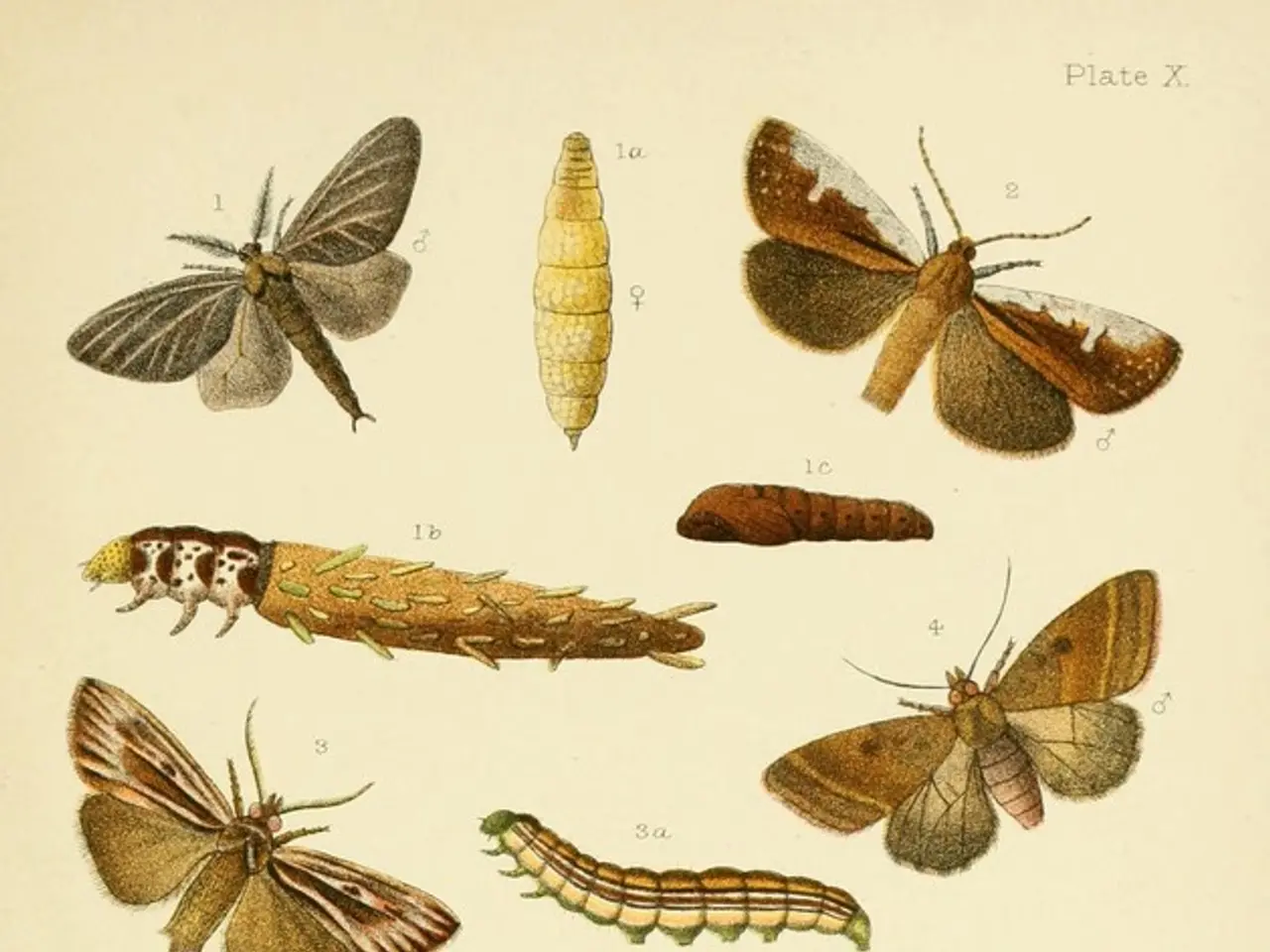Genetic makeup and additional factors influencing penis size: A scientific investigation
In the realm of human biology, the question of penis size is a topic that often sparks curiosity. While genetics play a significant role, there are several factors that influence penis size, particularly during development.
Males inherit one Y chromosome and one X chromosome, with the X chromosome carrying around 10,000 genes and the Y chromosome just about 100. However, beyond genetics, hormones, health, and environmental factors can have a considerable impact on size.
Hormonal influences, such as testosterone and other hormones during puberty, play a critical role in penile growth. Hormonal imbalances, especially during childhood and adolescence, can affect development. Environmental and health factors, including malnutrition, certain medical conditions, exposure to endocrine-disrupting chemicals, smoking, excessive alcohol use, and obesity, can negatively impact overall penile growth and sexual health.
The elasticity of penile tissues, including skin, fibrous tissue, and ligaments, can also affect how the penis appears flaccid and erect. Conditions that impair blood flow, such as cardiovascular issues, diabetes, or depression, may affect erectile function and perceived size during erection.
Maintaining balanced habits such as good nutrition, regular exercise, avoiding smoking and excessive drinking support optimal development and sexual health but do not increase size beyond genetic potential.
Regarding scientifically proven methods to increase penis size, it is essential to address the misconceptions surrounding this topic. Penis size is mostly fixed by the end of puberty; adult testosterone levels or exercise do not increase size. There are no medically proven, safe, and effective nonsurgical methods that reliably increase penis size. Claims regarding pills, supplements, exercises, or devices lack solid scientific backing and may carry risks.
Some surgical interventions exist but are typically recommended only in specific medical cases and carry significant risks. The Urology Care Foundation only recommends penis enhancement surgery for people with a rare condition called micropenis.
It is crucial to be aware of the risks associated with trying to increase size. Limited research on many penis enlargement methods may result in serious risks such as swelling, infection, scarring, contact dermatitis, allergic reactions, and erectile dysfunction.
Environmental pollutants, such as pesticides, plasticizers, and other chemicals, may have a negative effect on penis size due to their potential as endocrine disruptors. Epigenetics may influence hormone function and have a role in hormone disorders.
In summary, while factors beyond genetics such as hormones and health during critical growth periods influence penis size, there are no scientifically validated methods to increase penis size in adult males beyond their natural developmental outcomes. It is essential to prioritise maintaining a healthy lifestyle and seeking professional advice if concerns about size or appearance arise.
- Diabetes, depression, and cardiovascular issues can impact erectile function and perceived penis size during erection, due to their influence on blood flow.
- Concerning sexual health, environmental factors like malnutrition, certain medical conditions, exposure to endocrine-disrupting chemicals, smoking, excessive alcohol use, and obesity can negatively affect penile growth.
- Science has not found any medically proven, safe, and effective nonsurgical methods that reliably increase penis size beyond its natural developmental outcomes.
- Males with a rare condition called micropenis may be recommended for penis enhancement surgery, but such interventions carry significant risks.
- Conditions that impair blood flow can affect both health-and-wellness and sexual-health, including diabetes, multiple sclerosis, and COPD.
- Beyond genetics, hormones, health, and environmental factors can have a substantial impact on penis size during development.
- Claims relating to pills, supplements, exercises, or devices that promise to increase penis size often lack solid scientific backing and may have risks associated with them.
- Mental-health issues, such as depression, can also contribute to impaired erectile function and should be addressed when considering sexual health.
- Beyond influence on penis size, obesity and aq (air quality) can have severe implications for multiple aspects of health, including diabetes, NSCLC (non-small cell lung cancer), and respiratory diseases like COPD (chronic obstructive pulmonary disease).




